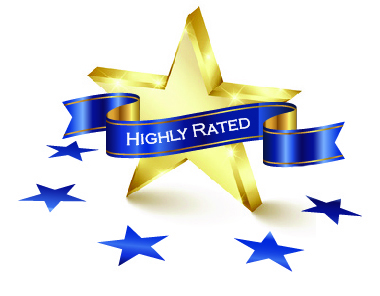(2017, February) | Useful to Parent Centers and others working with children and adolescents to cultivate their skills of self-regulation.
Self-regulation refers to one’s ability to manage emotions and impulses. This 3-page brief discusses how self-regulation develops over time from birth through young adulthood and then highlights 7 key principles that summarize a framework for understanding how self-regulation develops. The 7 principles are:
-
- Self-regulation serves as the foundation for lifelong functioning.
- Self-regulation is the act of managing cognition and emotion.
- A combination of individual and external factors influence self-regulation.
- Teachers, providers, caregivers, and parents can teach and strengthen self-regulation.
- Self-regulation is dependent on “co-regulation” provided by parents or other caregiving adults.
- Prolonged or pronounced stress and adversity, including poverty and trauma experiences, can disrupt self-regulation.
- Self-regulation develops over an extended period from birth through young adulthood.
Access to Self-Regulation Brief at:
https://www.acf.hhs.gov/opre/report/seven-key-principles-self-regulation-and-self-regulation-context
Also see the companion 6-page brief in this series from the Administration for Children and Families at the U.S. Department of Health and Human Services.
Promoting Self-Regulation in Adolescents and Young Adults: A Practice Brief
(PDF, 328 kb)
https://www.acf.hhs.gov/opre/report/promoting-self-regulation-adolescents-and-young-adults-practice-brief
* HIGHLY RATED RESOURCE * This resource was reviewed by 3-member panels of Parent Center staff working independently from one another to rate the quality, accuracy, impartiality, relevance, and usefulness of CPIR resources. This resource was found to be of “High Quality, Accuracy, Impartiality, Relevance, and Usefulness” to Parent Centers.


